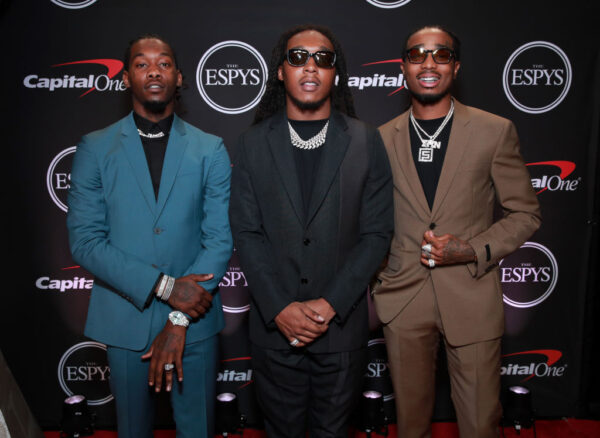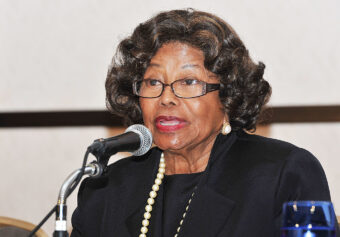Hip-hop musical group Migos has been a mainstay in popular culture for almost a decade, but it’s only in recent years that the trio has found itself managing its finances effectively.
“We used to hide money in the floors, in the walls, sh-t like that,” Quavo told the Big Facts podcast. “When we first came in, we were 22 when we got the money. So, we was just like ‘fast money.’ ”

The Migos, made up of Quavo, Offset and Takeoff, began performing as a trio in 2008. The Georgia-based group released its first commercial single “Versace” in 2013, and released its first album, Yung Rich Nation, in 2015. The Migos’ four Billboard Hot 100 top-10 entries included “Bad and Boujee,” “Motorsport,” “Stir Fry” and “Walk It Talk It.”
Unbanked Black Americans
While Migos has worked to begin managing its finances, the group’s past relationship with money is reflective of a bigger issue in the Black American community: being unbanked. A person who is unbanked does not have a checking account with an FDIC-insured financial institution.
According to the Federal Reserve, an estimated 40 percent of Black American households are unbanked as compared to 30 percent of Latino homes and 12 percent of white homes. In addition, a report issued by the McKinsey Global Institute has found that 20 percent of Black American homes has a negative net worth.
To remedy the concept of being unbanked, which contributes to the wealth gap, the National Bankers Community Alliance has launched a financial literacy program.
Music and Endorsement Deals Create Wealth
Outside of their music, Migos has endorsement deals as a collective, including Finish Line, Can-Am, Mountain Dew, Avianne Jewelers, Beats By Dre and Champs Sports. Additionally, Quavo has a minority stake in sports brand Legends, while Takeoff ventured into the NFT space last year with “Apes In Space.”
Collectively, the trio reportedly has a net worth value of $80 million.
Learning Financial Literacy
Although Migos has built a successful brand, it was not too long ago that the group members did not even have a bank account. Yet as their careers progressed, there was a need to take their financials seriously, Quavo said.




